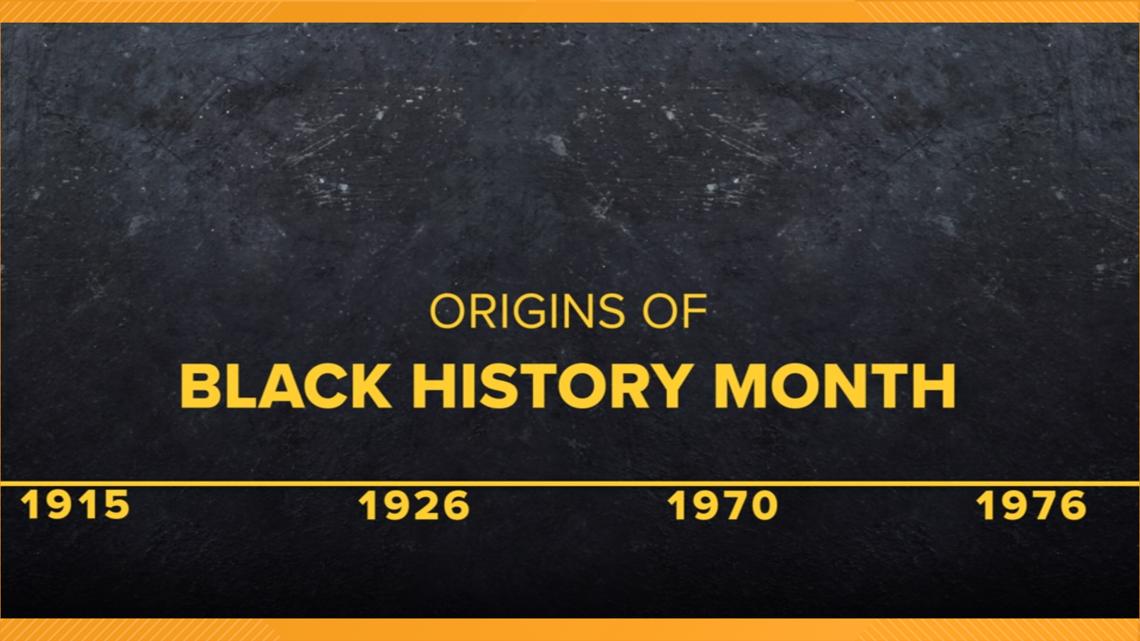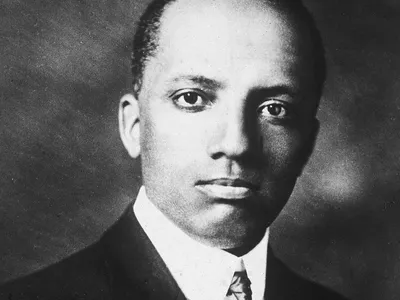Black History Month, initially known as Negro History Week, was established by historian and scholar Carter G. Woodson. Born in 1875 to formerly enslaved parents in New Canton, Virginia, Woodson’s upbringing was marked by poverty and limited access to formal education. Despite these challenges, his determination to learn led him to enroll in high school at the age of 20, after which he earned his bachelor’s and master’s degrees from the University of Chicago.
Woodson dedicated his life to promoting African American history and achievements. His endeavors were fueled by a profound belief in the importance of acknowledging the contributions of Black individuals throughout history, which had been largely overlooked or misrepresented in mainstream education and historical narratives.
In 1915, Woodson co-founded the Association for the Study of Negro Life and History (now known as the Association for the Study of African American Life and History) to promote the study of Black history and celebrate the accomplishments of African Americans. His vision was to create a platform that would highlight the significant role of Black people in shaping the fabric of American society.
Woodson’s pivotal initiative was the establishment of Negro History Week in February 1926. He deliberately chose this week to coincide with the birthdays of Abraham Lincoln and Frederick Douglass, two influential figures in the fight against slavery and for civil rights. Negro History Week aimed to raise awareness and foster appreciation for Black history and culture, encouraging schools and communities to organize events, lectures, and exhibits centered around African American achievements.
Woodson firmly believed that understanding and embracing one’s history was crucial for progress and unity in society. He advocated for a more inclusive and accurate representation of history that would empower Black individuals and inspire future generations.
In 1976, Negro History Week evolved into Black History Month, officially recognized by President Gerald Ford. This expansion to a month-long observance further solidified Woodson’s legacy and the importance of acknowledging Black history on a broader scale.
Carter G. Woodson’s tireless efforts and pioneering work in promoting the study of Black history laid the foundation for recognizing the invaluable contributions of African Americans to the nation’s cultural, social, and political landscape. His legacy continues to inspire ongoing efforts to amplify marginalized voices and ensure a more comprehensive and accurate portrayal of history for generations to come.





